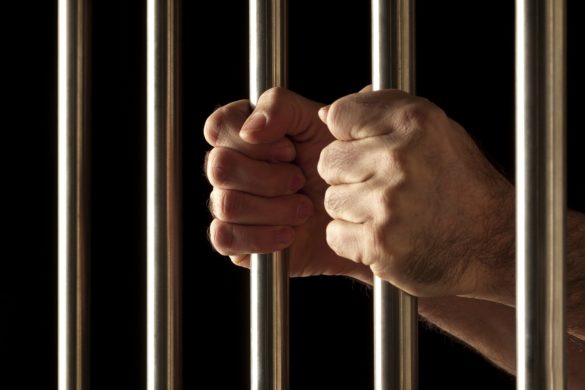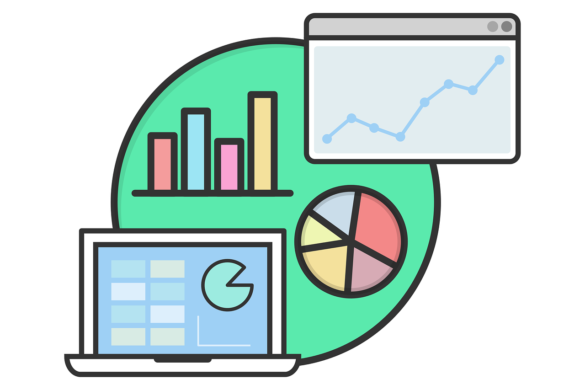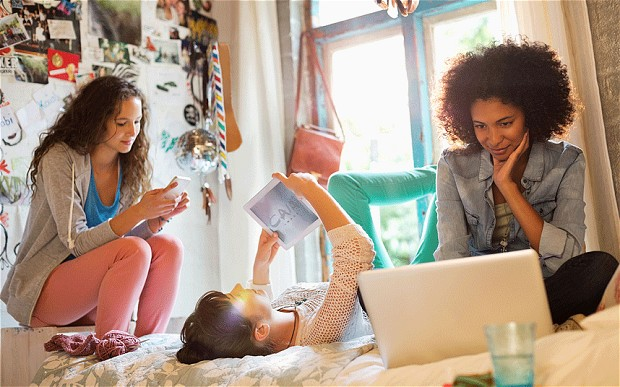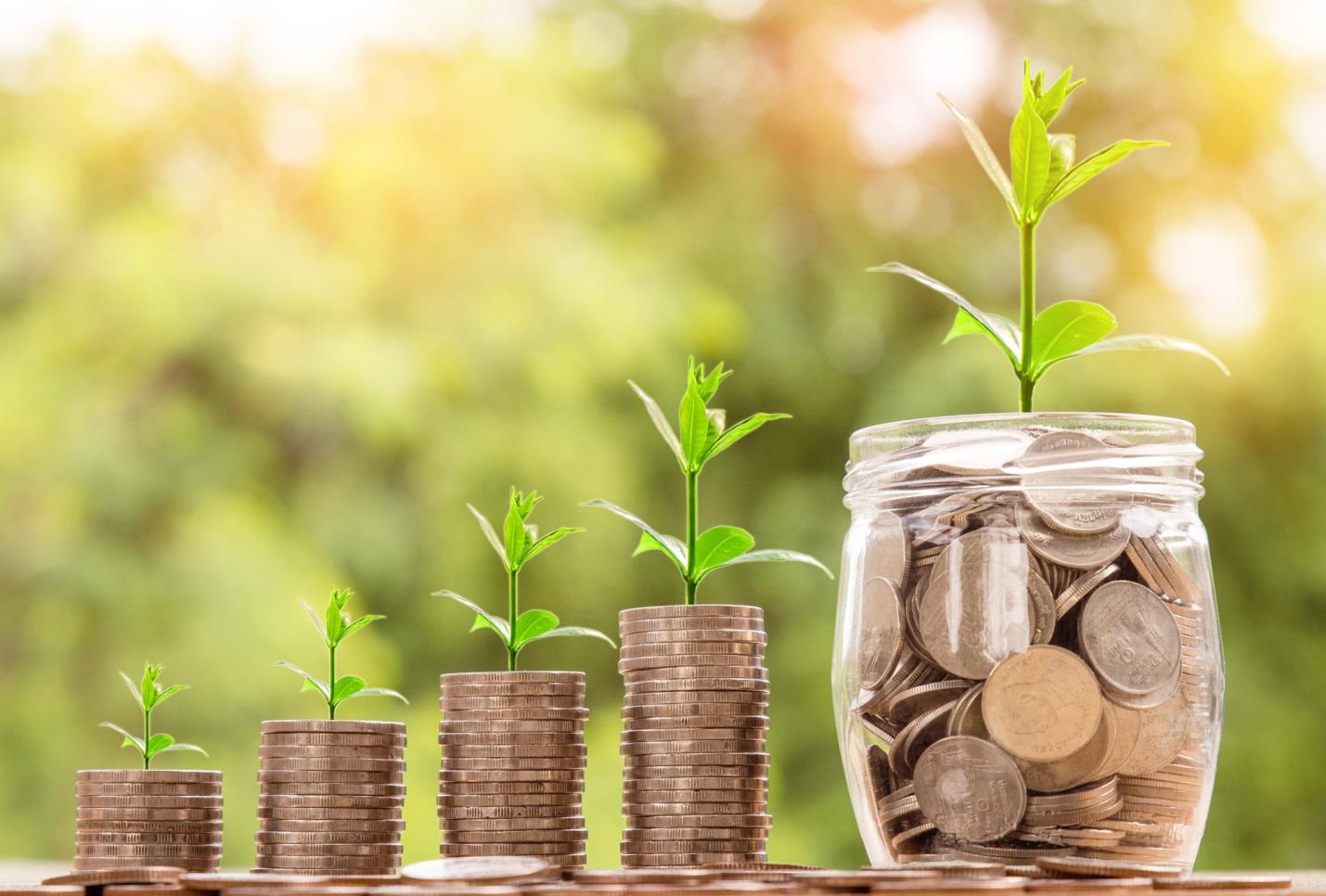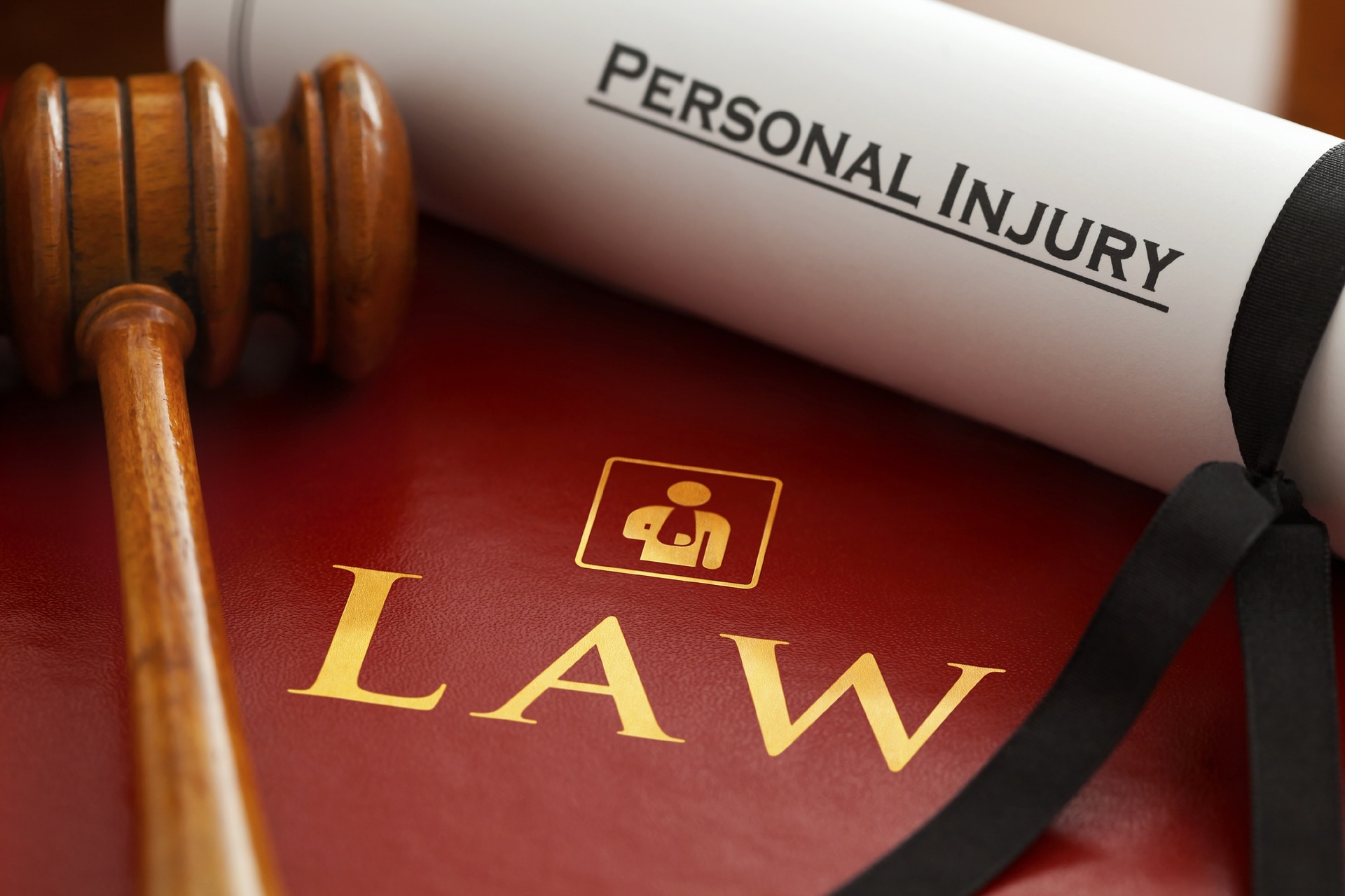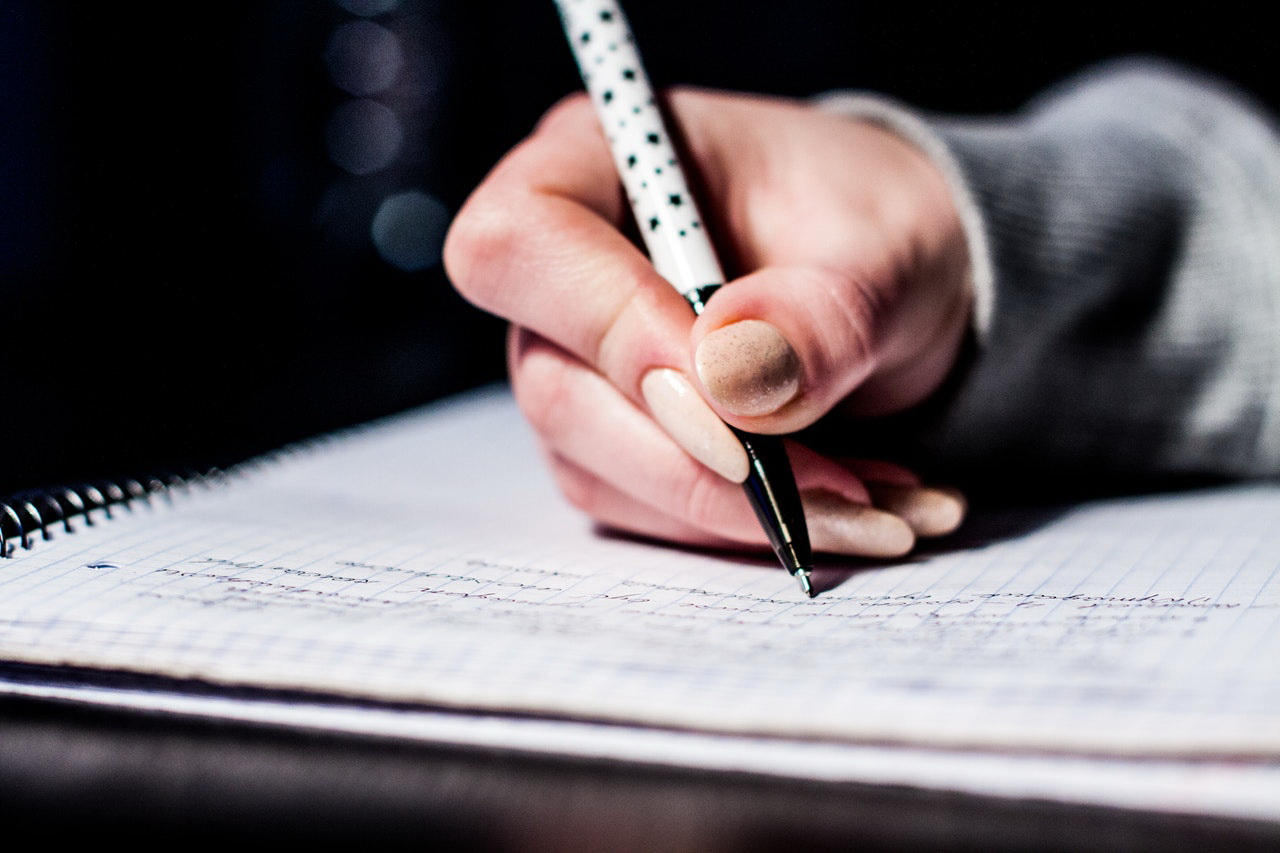
The question “what plans do you have for your future?” had an absolute answer. We all had a vision of who we want to be or what field we want to choose because everything was clear, and the impact was predictable. The clear vision was our routine when we planned our next course of action with a proper scheduled day and weekly routines. Kids were going to schools, and youngsters were going to college or universities. These youngster has chosen their field of education for their professional life. We all were having a clear direction about what are we going to do next. Since the beginning of this year, the definition of normal has turned upside down. The clarity about our future has gone astray, and we cannot even predict what is going to happen next.
We all must have studied about uncertain outbreaks in the past that affected the world in the long run. None of us ever thought about how the world coped up after such a change or how did they survive during such conditions to keep their life going. During such testing times, every aspect of life suffers, and so does education. With a bar on the usual routine of life, the future becomes uncertain. The course of education and professional life both takes a turn. Those who have completed their studies might still survive, but those who were in the process of learning, how will they continue?
Unpredictable situations can happen anytime, we might not have any coping strategy, but it does not mean that we cannot devise one. With a massive shift in life trend, schooling and education need reimagining. We all have to adapt to new teaching methods and plan new methodologies as the medium of instruction is now digital. People with master’s in education policy can contribute by analyzing the current scenario and plan a strategy accordingly. Such individuals can lead collaboration meetings and bring different educational institutes on one page to work for a mutual goal.
Let us explore together the ways that can assist us in planning education for uncertain times.
- Skills-based education
Historically, education was more about memorizing facts and figures that were constantly changing. Those facts and figures were useful enough to tell about the history and the current situation. The old methods of education were more about just in case motive if any subject matches your interest you can opt for it. These early theories and concepts that were only functional in old times cannot be applicable in 21st-century education. With uncertainty prevailing all around, the knowledge shall be more about teaching skills that can help us with survival rather than memorizing facts that are long gone. Learning without skills is like teaching a kid about walking but not to explain how to walk on its own. Skills-based learning lasts a lifetime.
- Feeling safe
The school going kids are most likely to endure trauma ali=ong with teachers as their learning and teaching activity gets disconnected. From one on one teaching to daily interactions and assessments, teachers and students are now at home. The kids are most likely to perceive that it is not safe to go outside, or what will happen once this is over. Will they be safe to go back to their educational institute? Today teaching does not have those daily interaction moments, but teachers can still reach out to their students. It is essential to make them feel safe and ensure that once this is over, we are going to resume our life back. Kids are more prone to fear and to develop anxiety. Encouraging students to talk to friends and family can keep their sense of socializing intact, and they will be more open to their families.
- Problem-solving approach
Our modern way of teaching provides a kind of menu towards academic disciplines, letting students pick what they like. Still, we forget to add critical thinking and problem-solving approach to this menu. If we are going to educate our children only through books and not relating it to real-life problems, we are just keeping them in a bubble. The times ahead are uncertain, along with the present, as we do not know if we are ever going to resue our old routine. With a change all over the world, the problems and their solutions will be changing too. Plan your curriculum that can enable students to think about the resolution of a problem critically. Give them an insight into what our future could look like, what challenges we might face, and prepare them accordingly to adjust and adapt to it.
- Teach and train with technology
With fast-changing technology, most parents and teachers were not in favor of allowing gadgets to school going kids. According to them, devices were a distraction during the study, or they reduce the focus. Now we are moving towards technology to teach other than our conventional methods. It is essential to train students to use technology as their classroom or source f learning. From videoconferencing to presenting their topic, they, along with teachers, will need to learn the use of technology in a better way.
- Social and emotional learning
We all have an altered sense of the social and emotional state of mind. Our interactions have gone into a dark pit, and emotionally we all are in a state of fear and anxiety. For a future that is not clear, we need to prepare in such a time where we are going through a significant change. Without a healthy social and emotional learning, we might pull through these times, but the impact will leave a massive vacuum on our mental well-being.
Conclusion
The best thing about time is that it passes on. Every second is different from the next, but we have to be ready for every situation. The current changes are new for everyone. Initially, we were a bit dazzled, but we were able to adapt to the new norms. Education is the necessity of life, and with the unclear times ahead, it has become more critical than ever. It is our responsibility to teach our kids how to help them survive in times that are taking new turns.

